

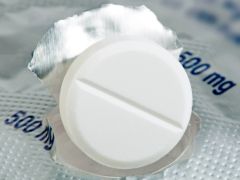
Every time we use antibiotics, we increase the chance for resistant strains to develop. Bacteria are very good at the evolution game.
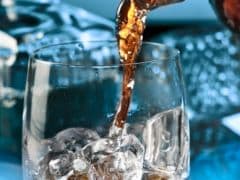
Alcohol is linked to a number of health benefits in medical studies, but that doesnt mean the studies provide only good news, or that the evidence in its favor is a slam dunk. As with so many things, moderation applies.
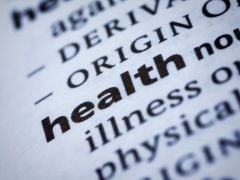
ust a few weeks ago, a study was published in the Journal of Nutrition that many reports in the news media said proved that honey was no better than sugar as a sweetener, and that high-fructose corn syrup was no worse.

We know much less for sure than we think, and recommendations that forcefully tell people exactly what and precisely how much they should or should not eat can be counterproductive.
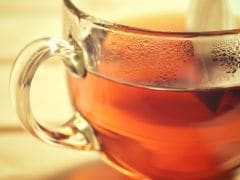
After I wrote a column in May on the potential health benefits of coffee, the No. 1 request I got was to look into the potential benefits or harms of tea.
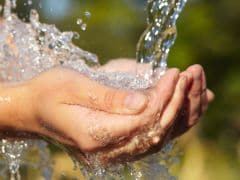
If there is one health myth that will not die, it is this: You should drink eight glasses of water a day. It's just not true. There is no science behind it.
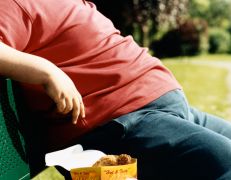
Because when it comes to reaching a healthy weight, what you don't eat is much much more important.

A study looking at all cancers suggested that coffee might be associated with reduced overall cancer incidence and that the more you drank, the more protection was seen.
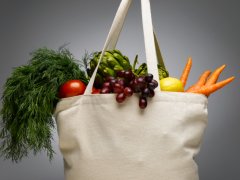
Some general rules I live by. They're the ones I share with patients, with friends and with family. But I acknowledge up front that they may apply only to healthy people without metabolic disorders.
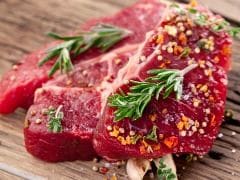
There are people in this country eating too much red meat. They should cut back. There are people eating too many carbs.